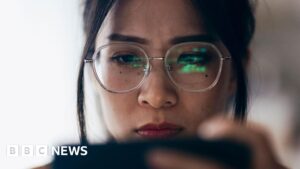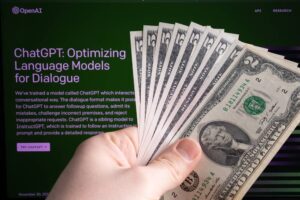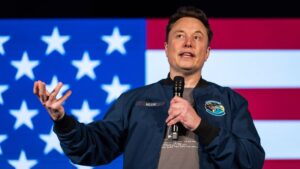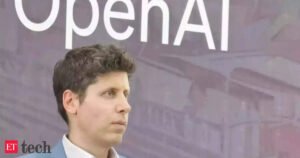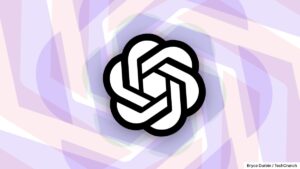Miyazaki’s Move Signals a Concerning New Phase for Hollywood
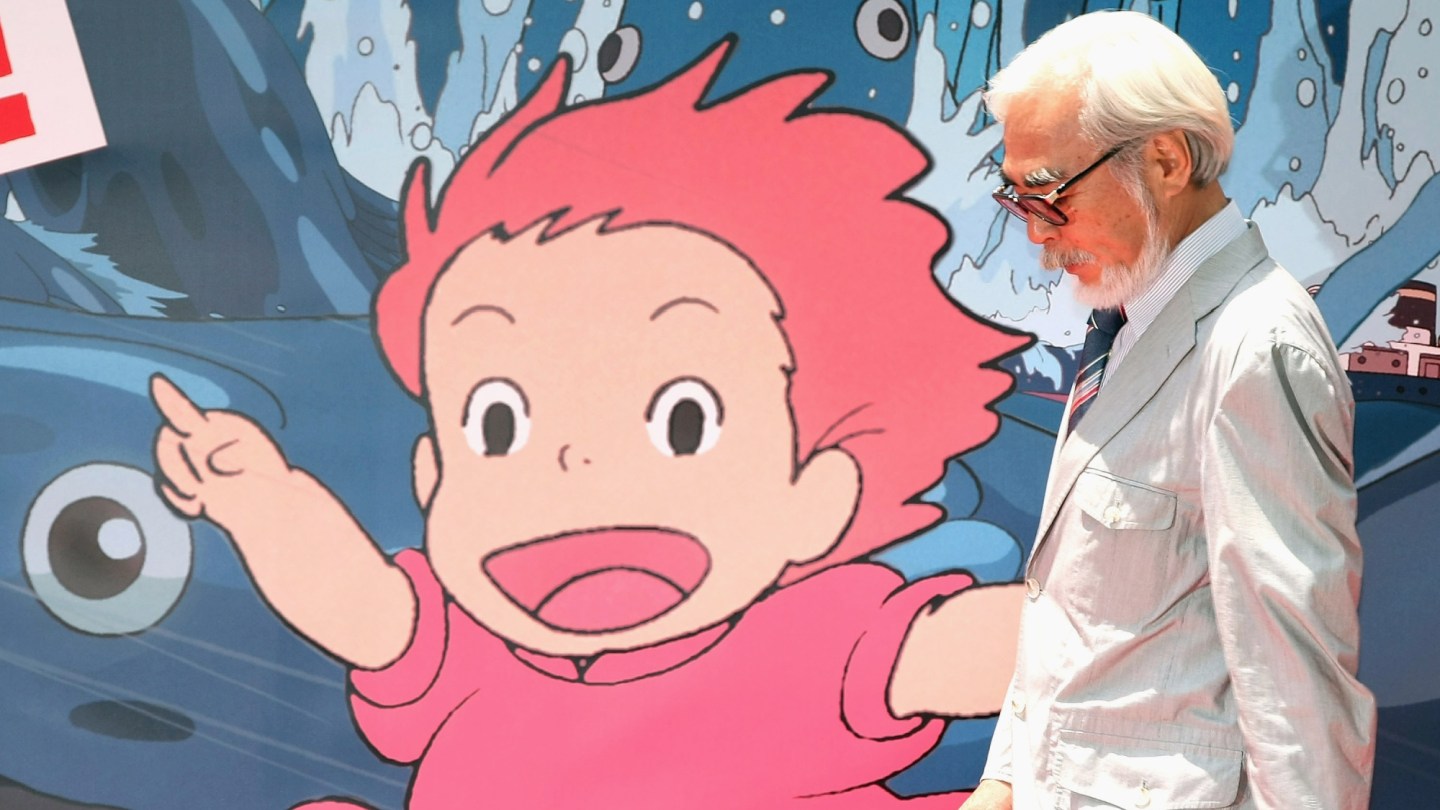
The Rise of AI Art Tools and Their Impact on Animation
Introduction to the AI Revolution in Art
In Hayao Miyazaki’s acclaimed film, Spirited Away, the protagonist, Chihiro, embarks on a journey into a mystical realm where she must navigate challenges and preserve her identity. This theme of transformation resonates strongly today, especially as advancements in artificial intelligence (AI) create new opportunities and dilemmas in the world of art.
One particularly interesting development has been OpenAI’s introduction of tools that allow users to reimagine photos in the distinctive styles of renowned artists, including Miyazaki himself. This has opened the floodgates for individuals to merge cherished personal memories with the enchanting aesthetics of Studio Ghibli’s animation.
OpenAI’s Image Generation Tool
On March 25, 2025, OpenAI rolled out an update to its “ChatGPT” service designed for image creation. This tool enables subscribers to convert ordinary photos into illustrations reminiscent of Miyazaki’s renowned animation style. Prominent figures, including Sam Altman, CEO of OpenAI, showcased the tool by sharing their own transformed images on social media, which quickly became a viral phenomenon. Many users flocked to use the AI tool, leading to rapid increases in subscriptions.
Popularity of the Technology
- Creative Merging: Users have been captivated by the possibility of blending personal photographs with artisanal styles in mere moments.
- Viral Engagement: The speed and ease of using this tool have drawn significant online attention, fostering a sense of creativity among the public.
The Debate Surrounding AI and Art
While this tool illustrates the wonders of modern AI, it sparks significant debate within the artistic community. Miyazaki himself has expressed concerns about AI-generated art. In a 2016 interview, he criticized its implications, suggesting that it undermines the essence of creativity and human expression. This irony is profound: AI tools can create artwork in the style of an artist who dedicated countless hours to crafting each frame by hand.
Copyright Concerns
The launch of OpenAI’s tool has raised serious questions around copyright and intellectual property rights. In 2023, a federal judge permitted a lawsuit from The New York Times against OpenAI for training its models on various articles without permission. Although OpenAI has implemented restrictions on imitating specific individual artists, it did not apply the same limitations to entire studios like Studio Ghibli. This has resulted in an influx of Ghibli-inspired images flooding social media.
Reactions from the Industry
The growing use of AI tools has garnered mixed responses from industry professionals. While some creators and companies recognize the potential for added revenue through collaboration with AI technology, others vehemently oppose the idea.
- Alex Hirsch, the creator of Gravity Falls, sarcastically commented on the use of Ghibli’s artwork for profit, highlighting the commercialization of creativity.
- GKIDS, the distributor of Ghibli films in the U.S., subtly criticized AI-generated art, emphasizing the importance of hand-drawn craftsmanship through their promotional efforts for a restoration of Princess Mononoke.
Despite the backlash, it appears some organizations may seek partnerships with AI companies, weighing the potential for financial gain against the loss of artistic integrity.
Cultural Implications and Trends
The intersection of AI and personal expression reflects a larger trend within culture. As platforms like Instagram and TikTok have shifted content creation towards self-representation, the advent of AI art tools brings traditional artistic styles into modern, personalized contexts. This seamless integration blurs the lines between individual identity and artistic legacy, allowing people to project their own narratives onto classic themes.
Future of Art and Creativity
As the entertainment landscape continues to evolve, professionals are grappling with how to define and protect artistic creation within this new paradigm. The rapid advancement of AI in art may offer temporary financial relief to studios facing challenges in producing original content.
The utilitarian mindset toward creativity—as something easily replicable and modifiable—may pose a significant risk to the value placed on unique artistic expression. Just as Chihiro confronts the idea of losing her name and identity in Spirited Away, individuals today must navigate the implications of combining personal stories with automated artistic styles.
As technology further intertwines with our creative processes, the ultimate direction remains to be seen, hinting at an unprecedented change in how art is created, consumed, and appreciated in society.

